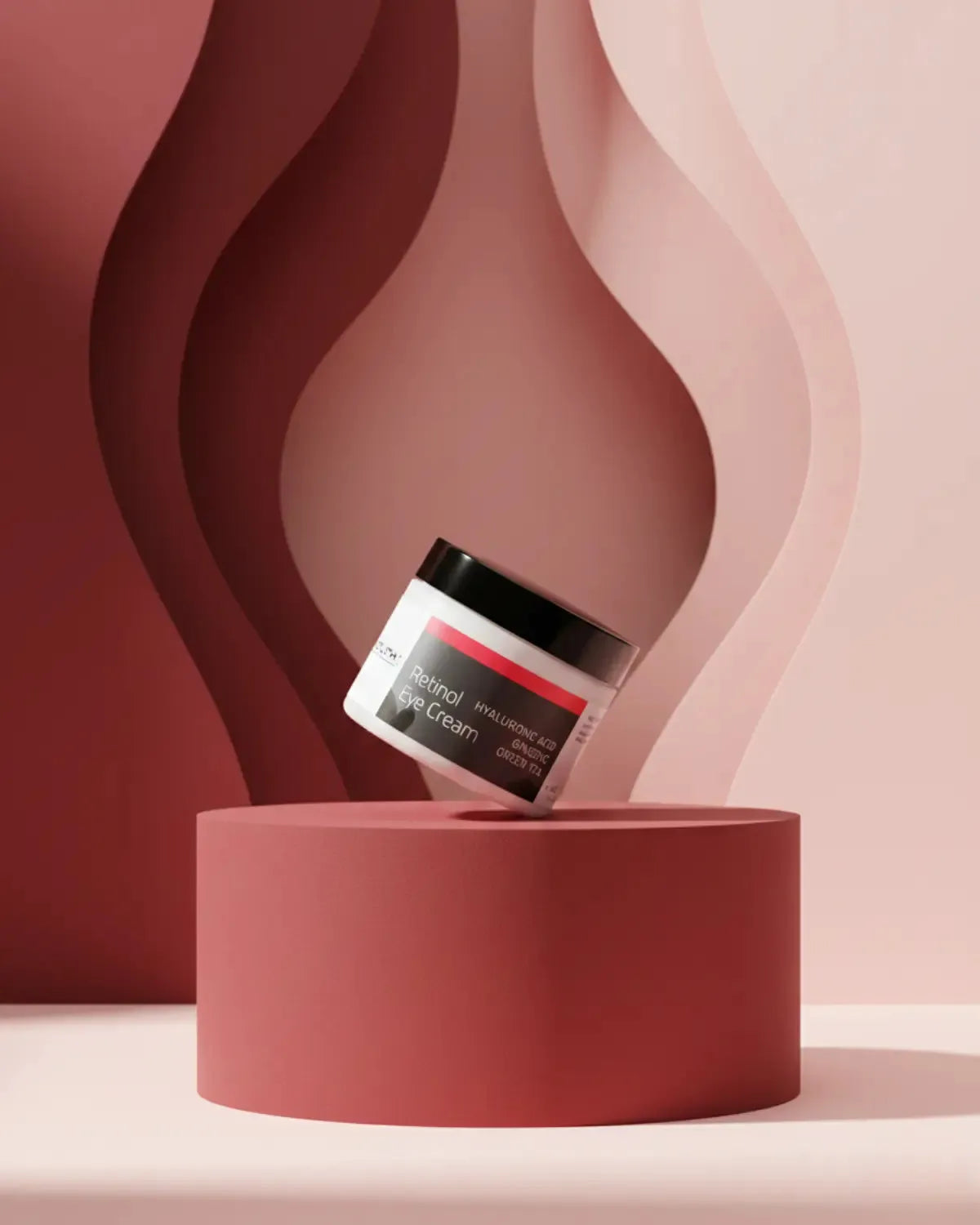

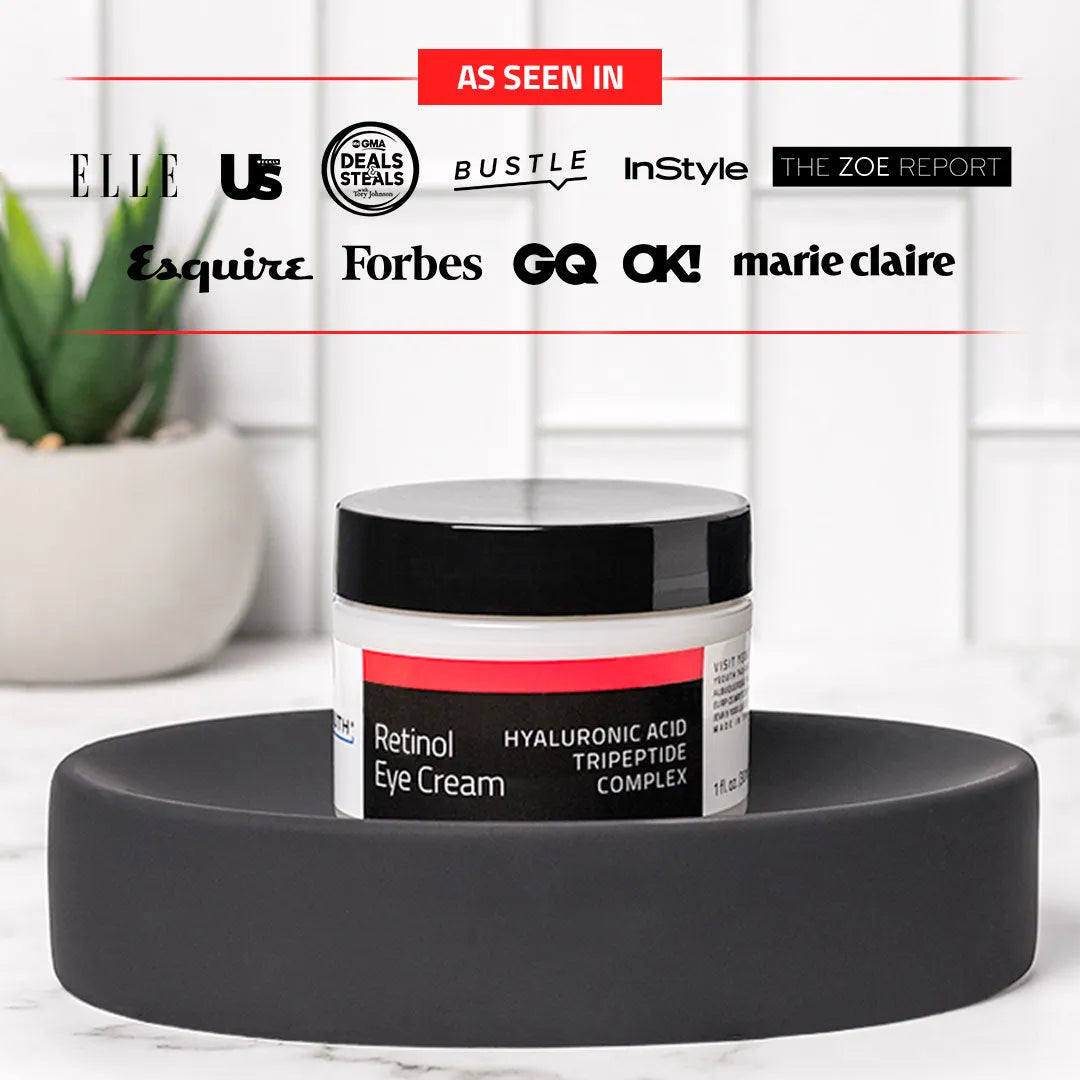
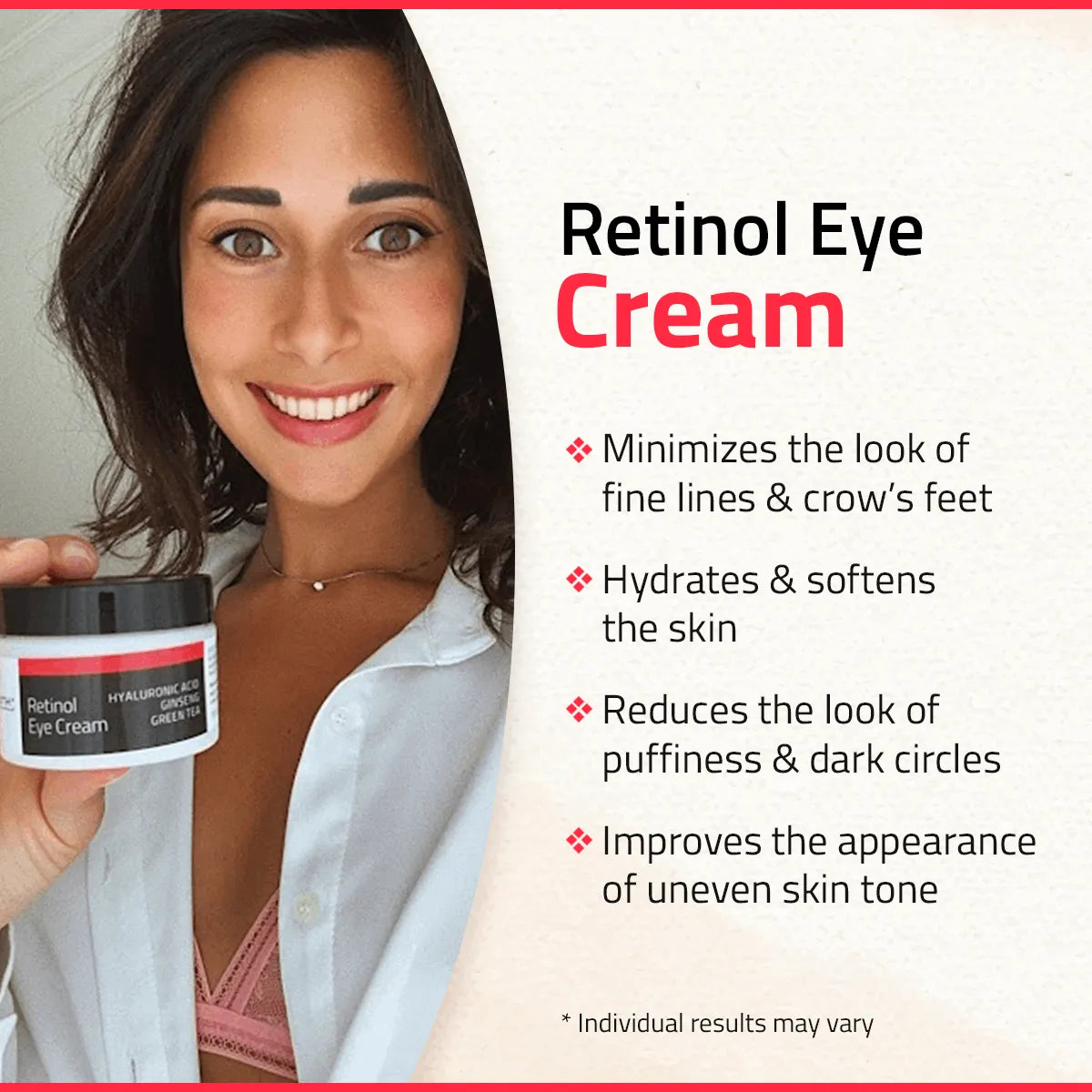
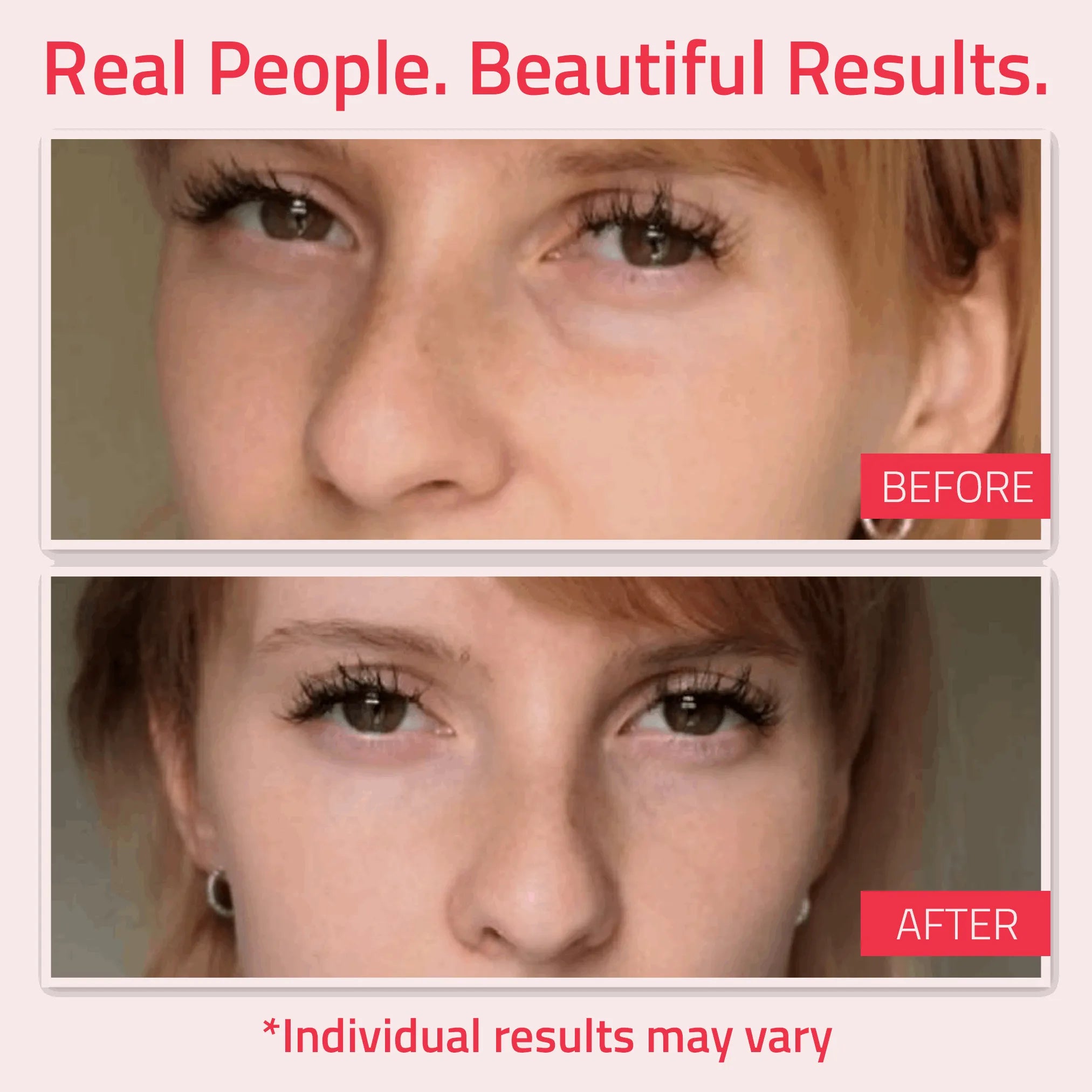
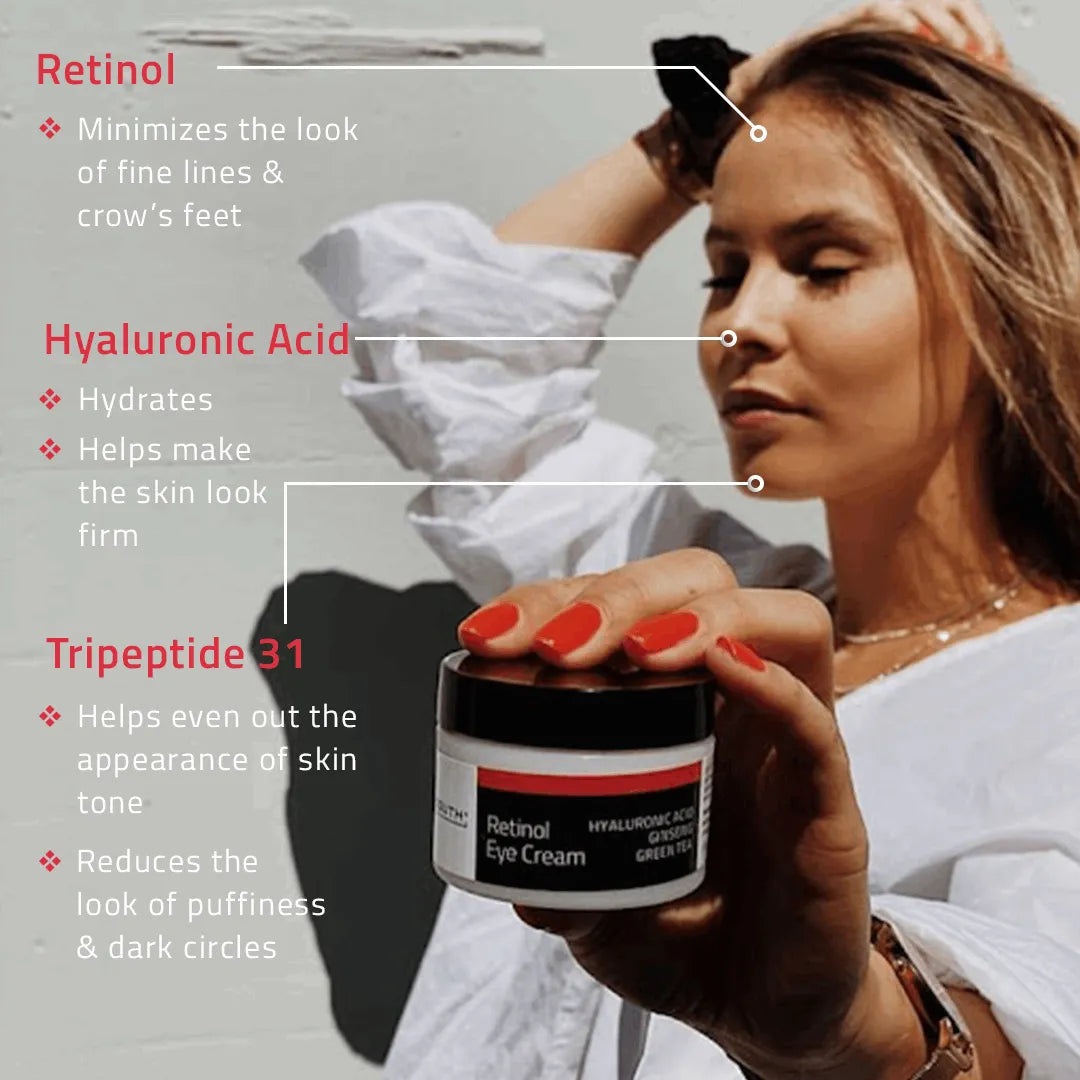
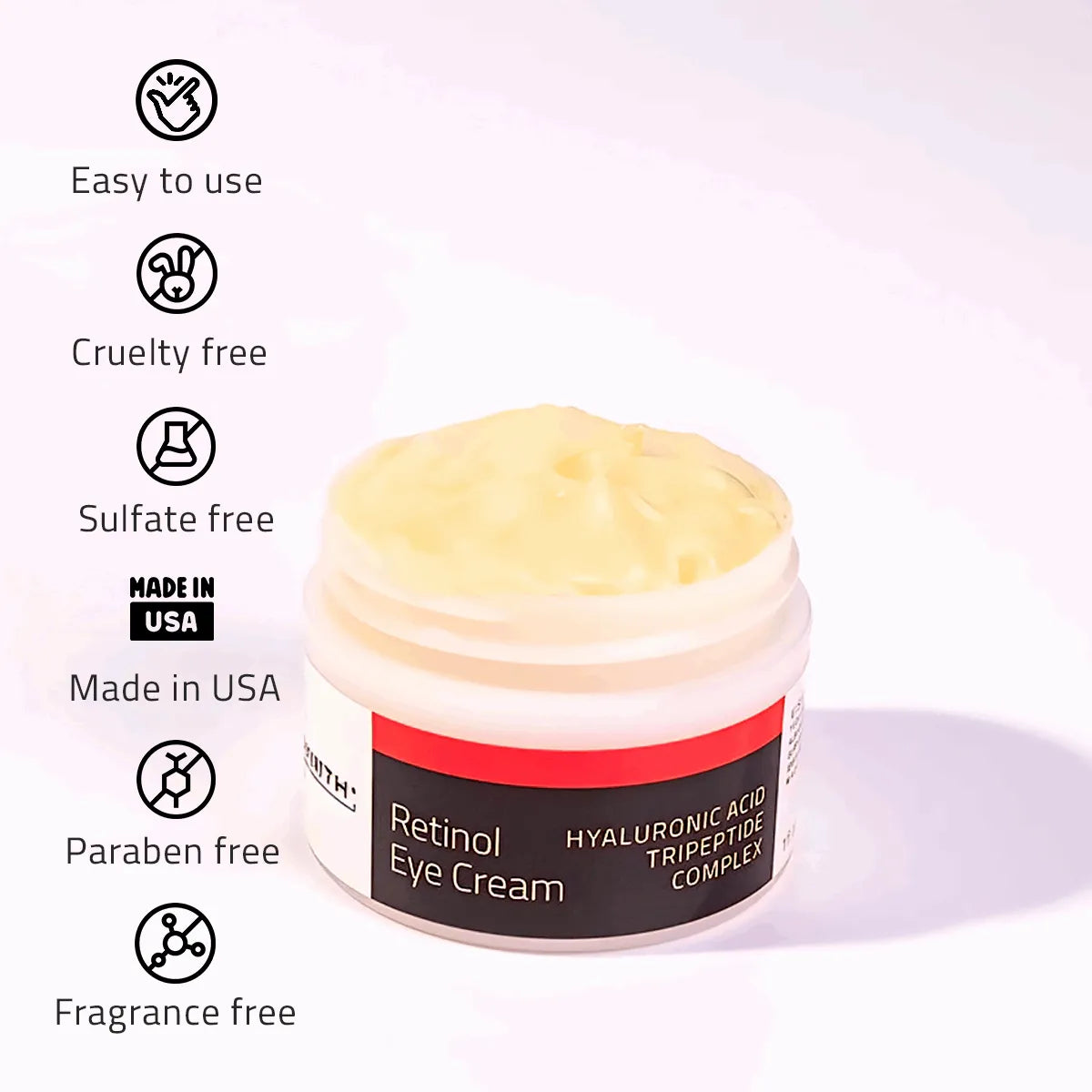
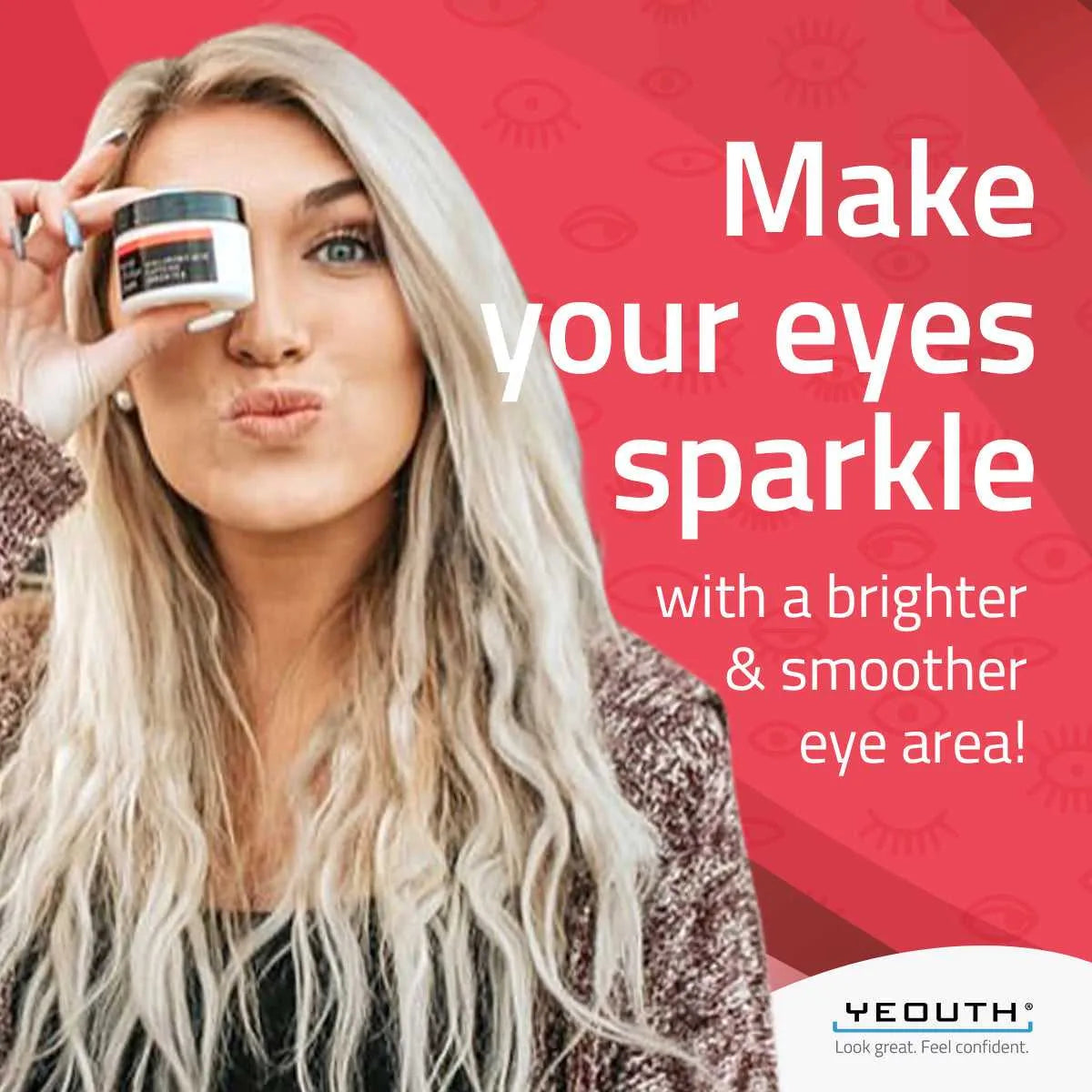
Why choose YEOUTH?
Science-driven and straightforward ingredients, because your face is not a marketing experiment.
FAQs
Are YEOUTH products made in the USA?
YEOUTH products are manufactured in YEOUTH’s own facility with carefully vetted raw material suppliers.
Are YEOUTH products vegan and cruelty-free?
Not all products are vegan. Day/Night Cream contains snail mucin, Neck Firming Cream contains beeswax, and the Eye Cream and Retinol Moisturizer contain whey. YEOUTH does not test on animals.
Are YEOUTH products safe to use during pregnancy or breastfeeding?
We don't advise using Retinol Serum and Salicylic Acid Gel Peel for pregnant and/or breastfeeding women. The other products are generally safe to use, but we still advise that you consult with your physician.
How do I layer products in the correct order?
Skincare products are used in this order: cleanser, toner, serum, moisturizer, then sunscreen. Apply retinol products in the evening. Allow each layer to absorb before applying the next. Don’t forget your sunscreen during the day.











